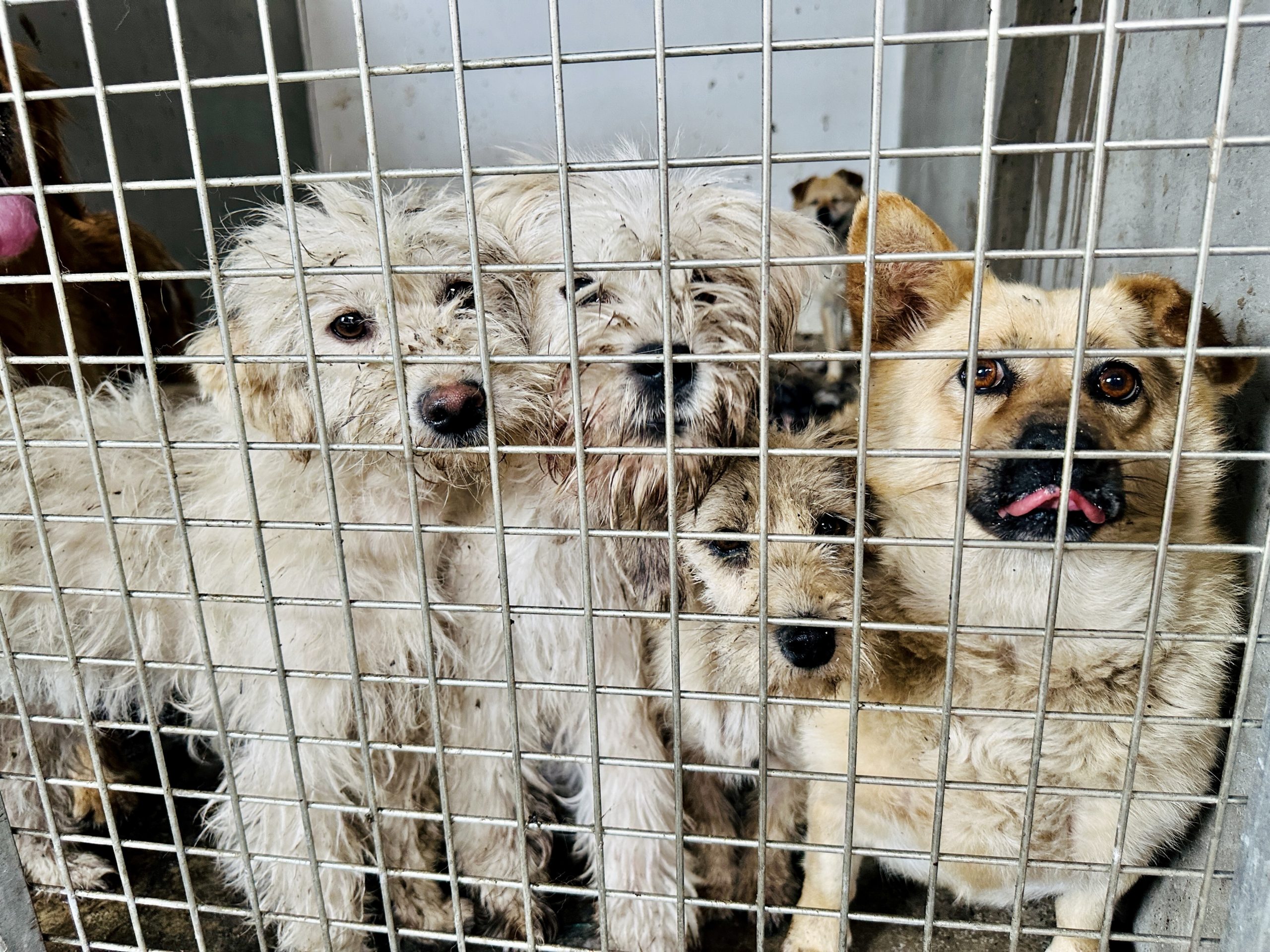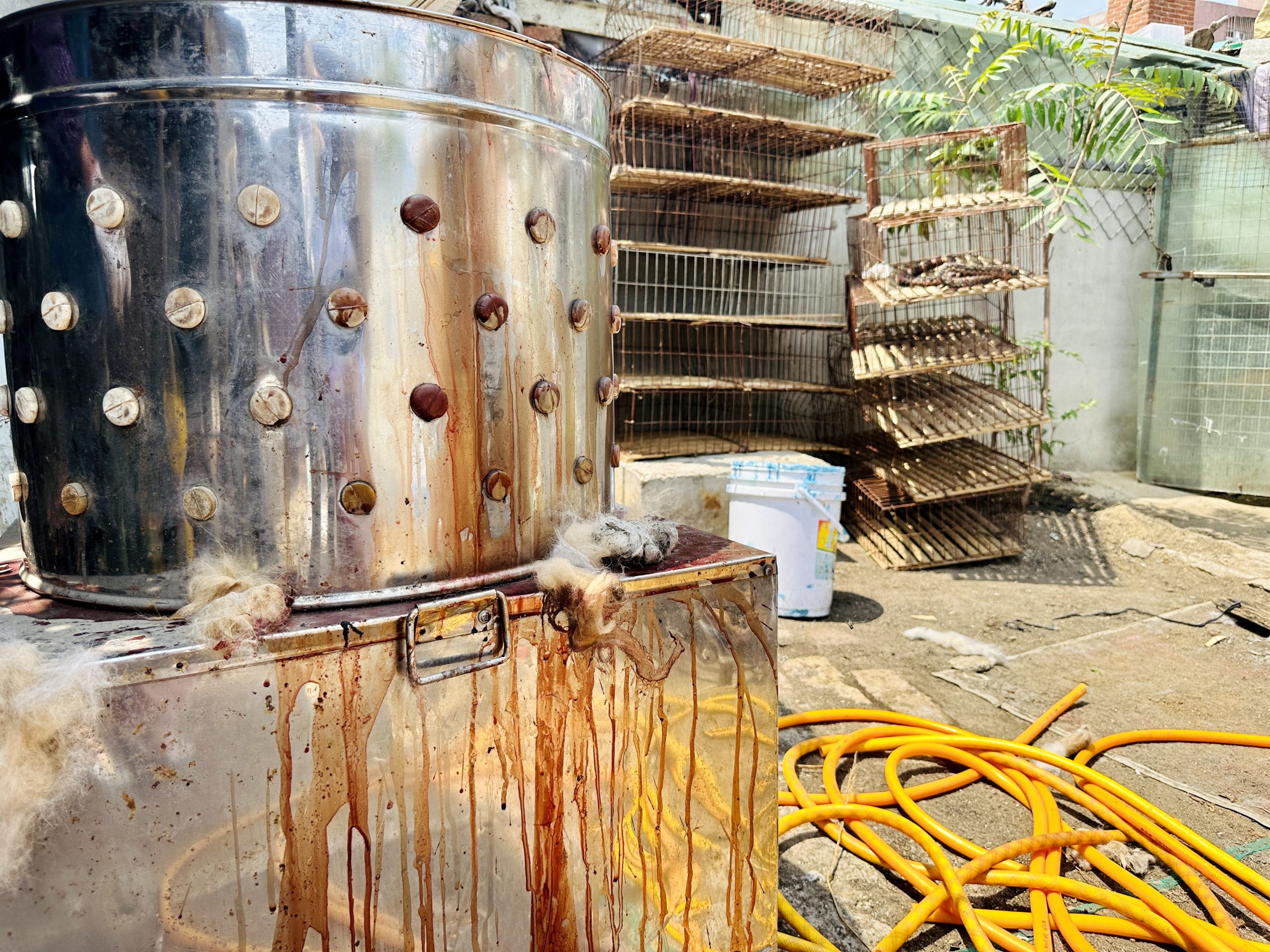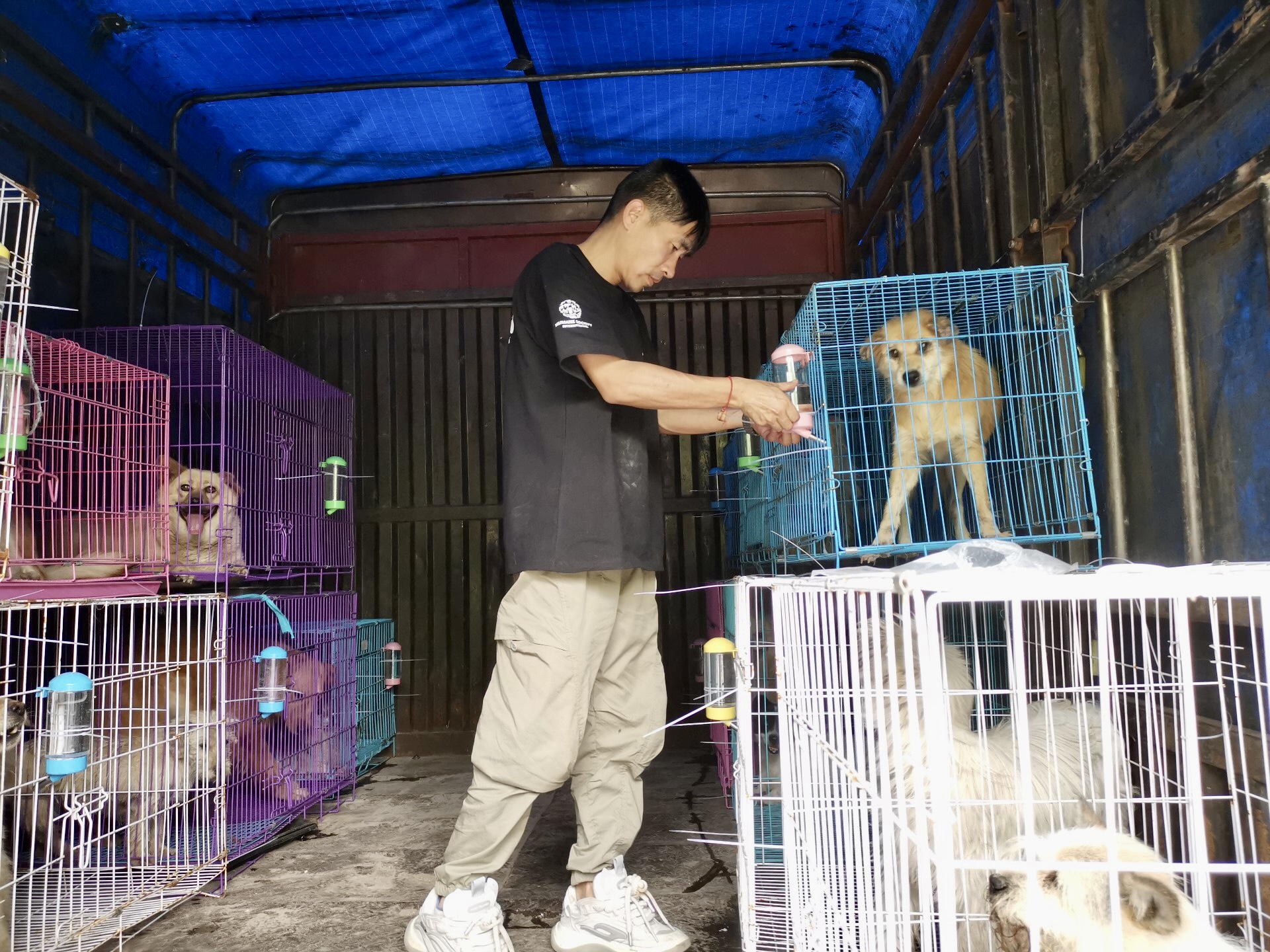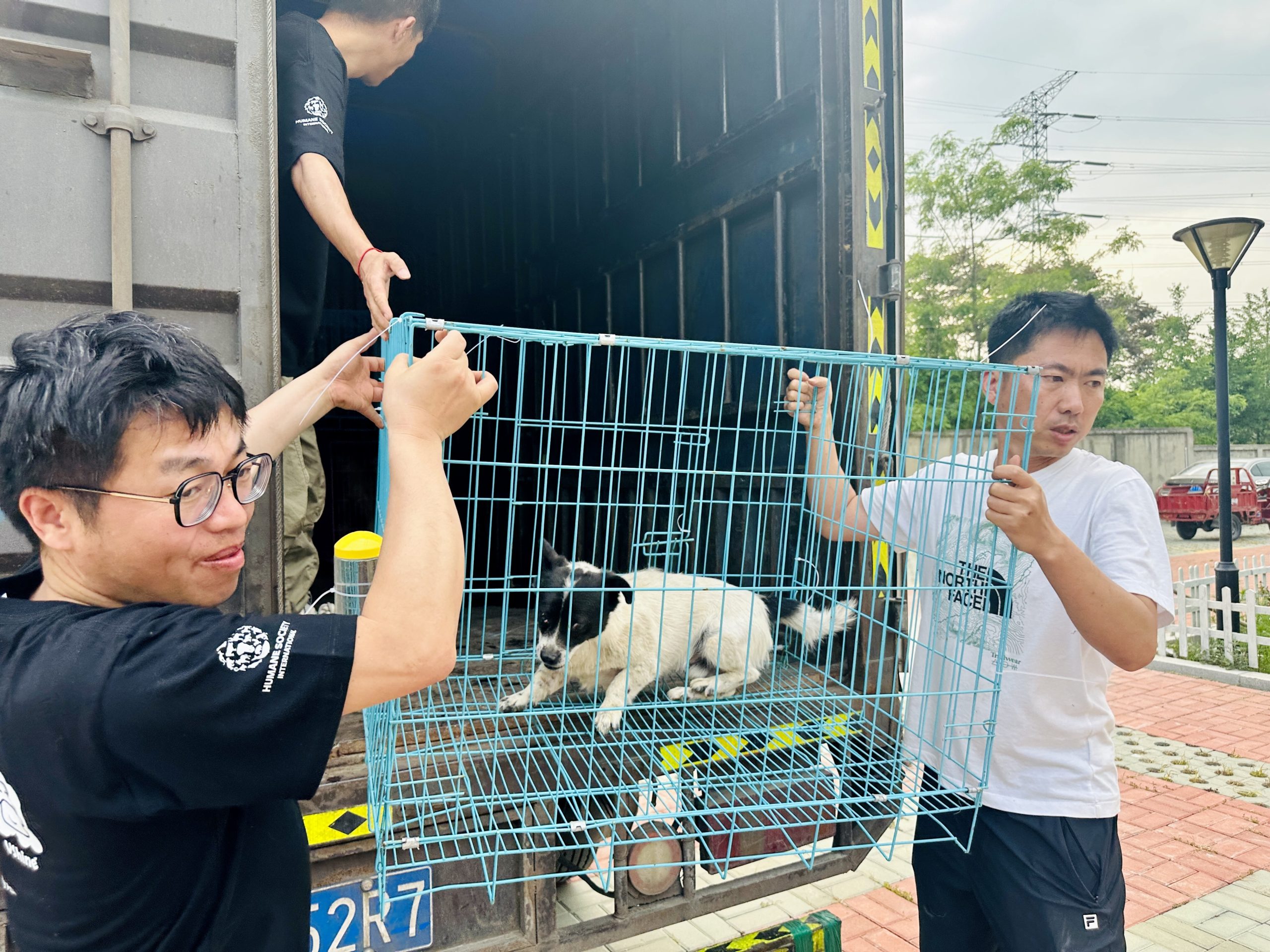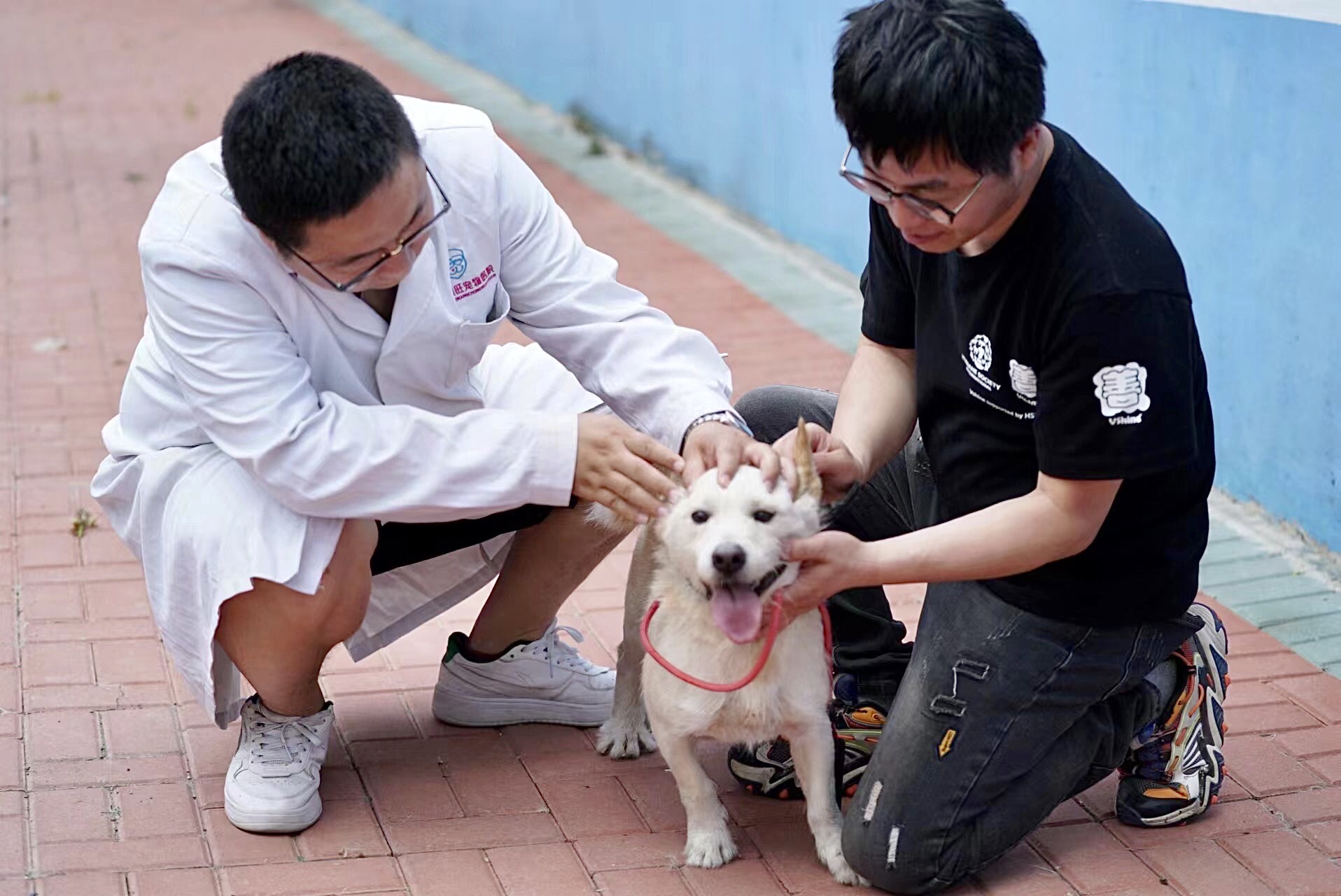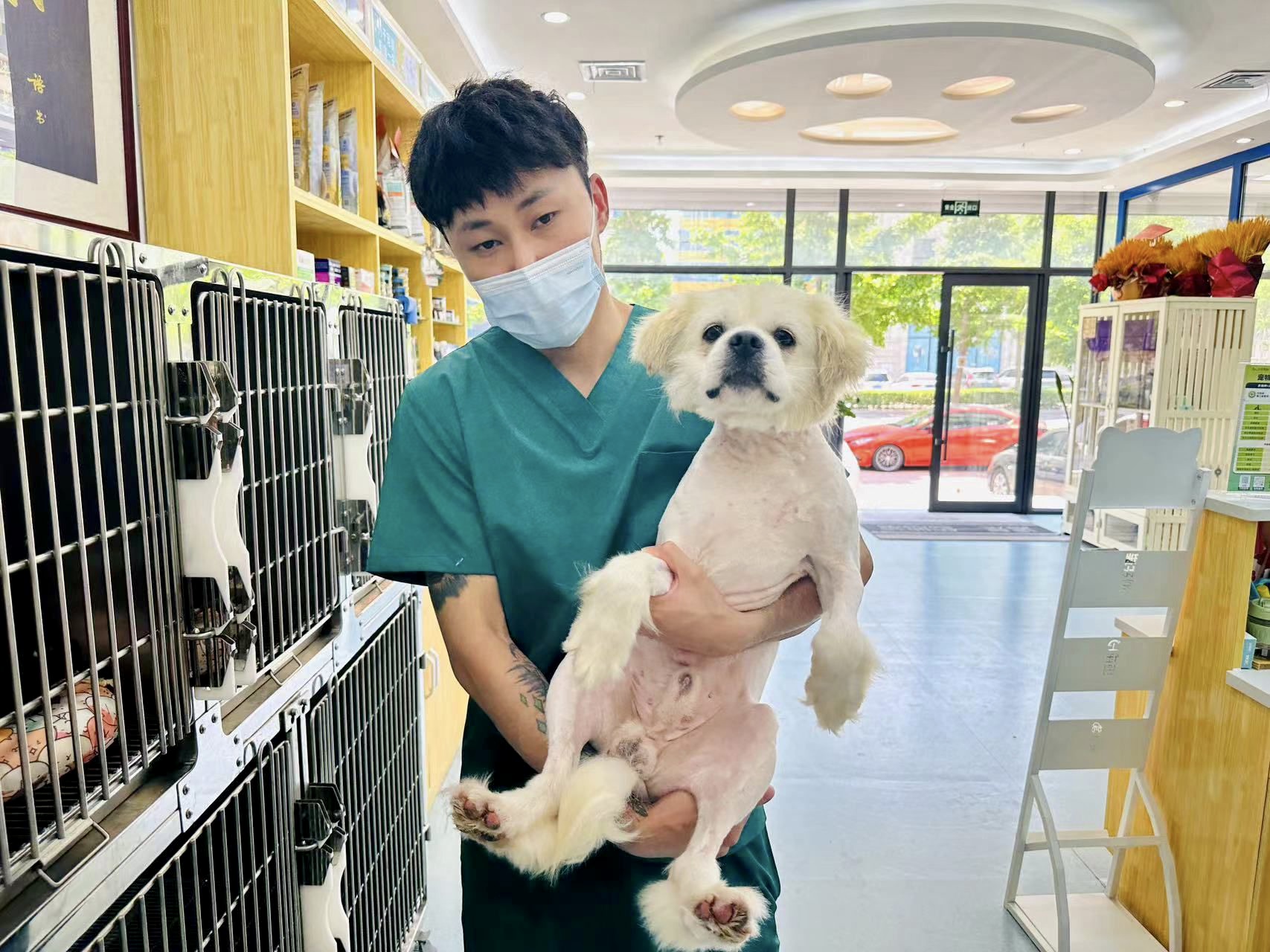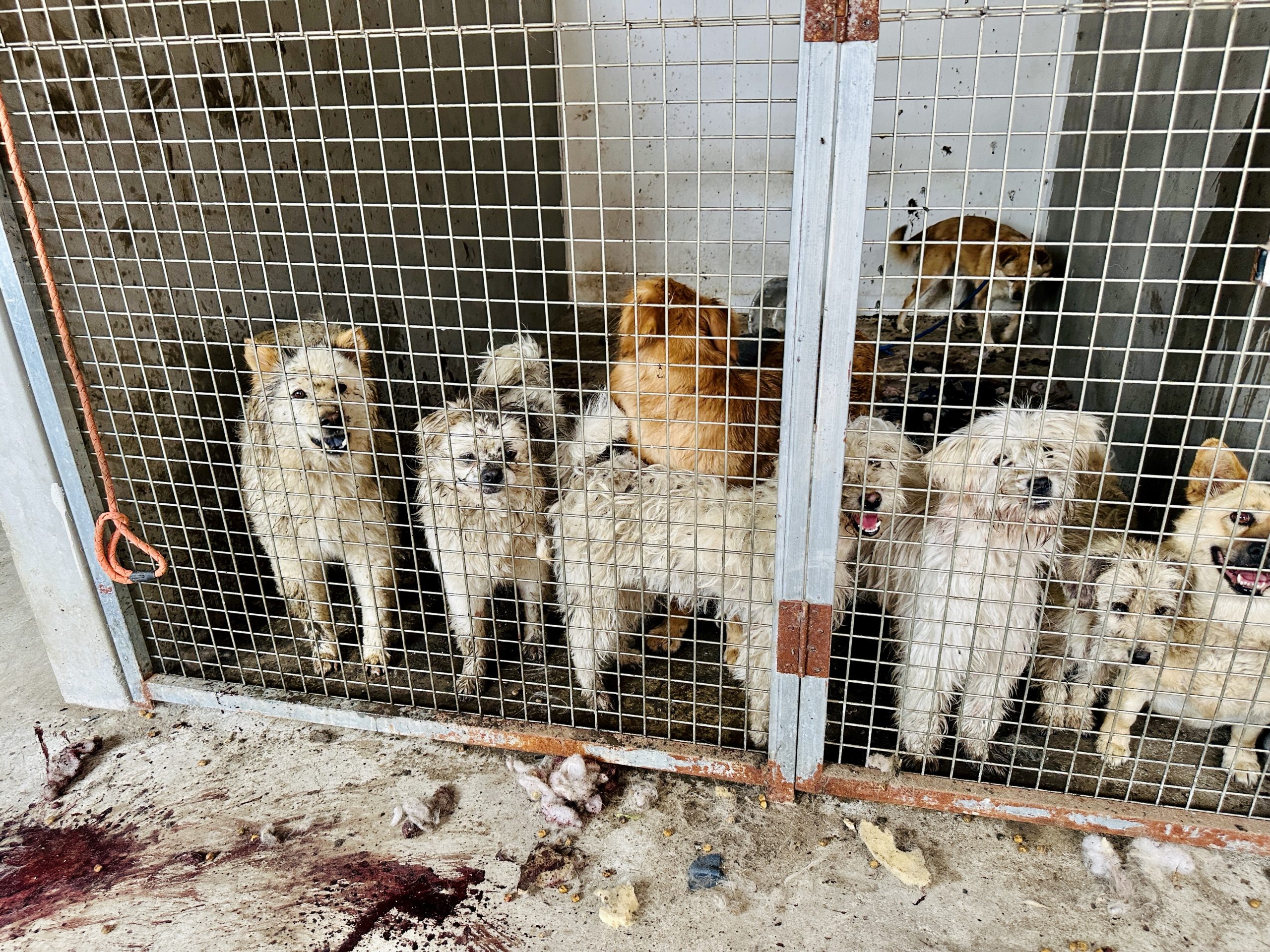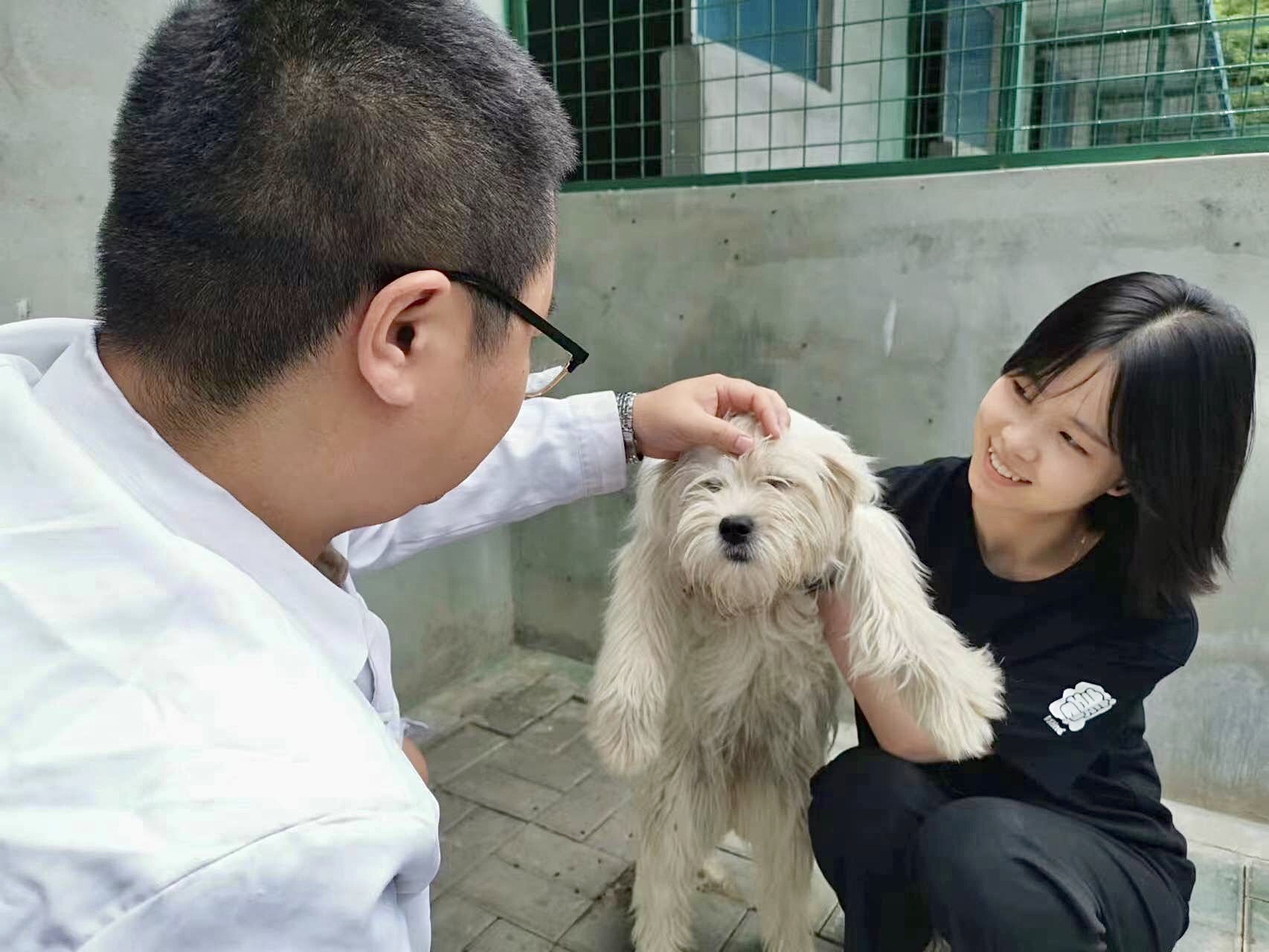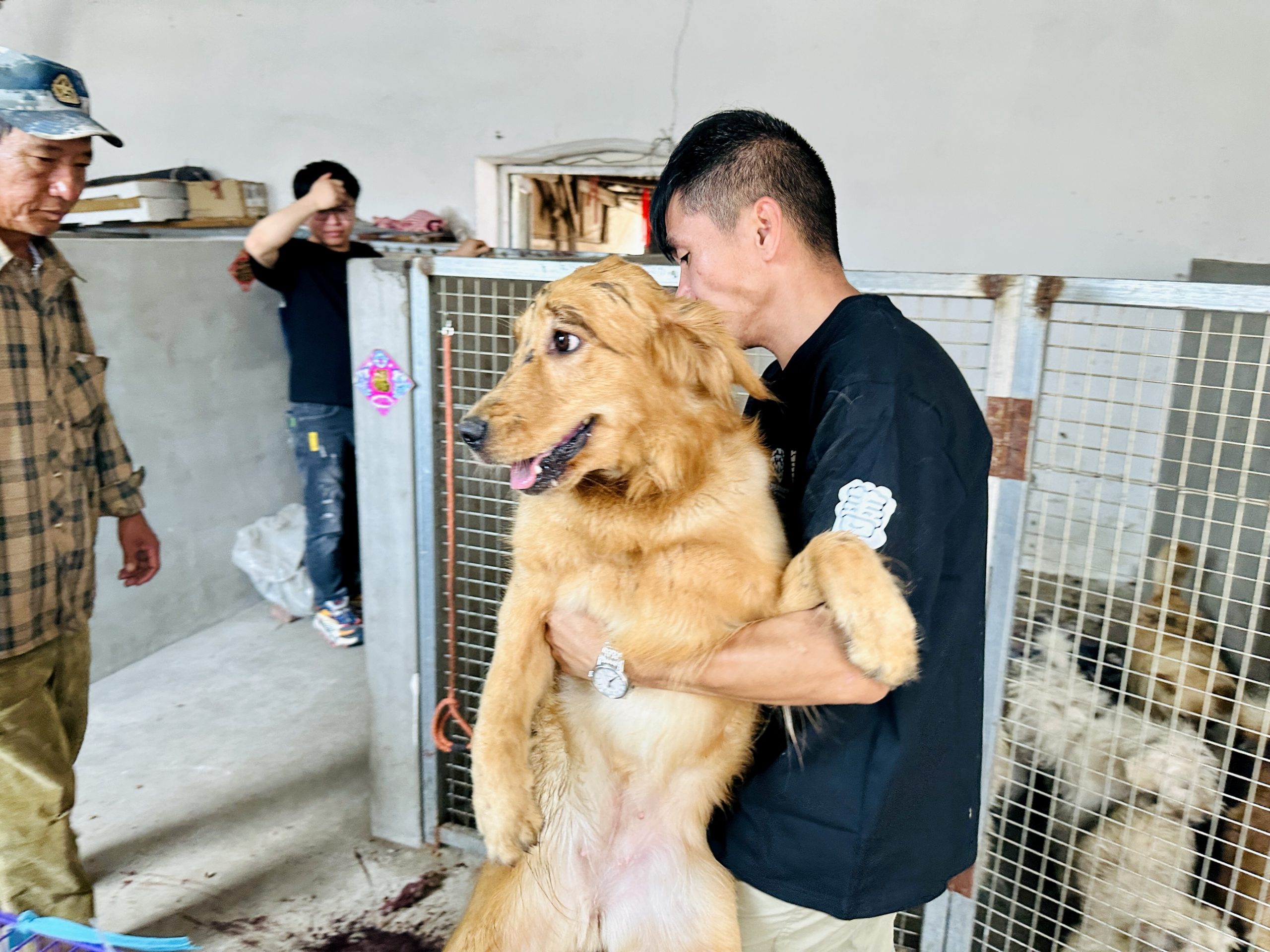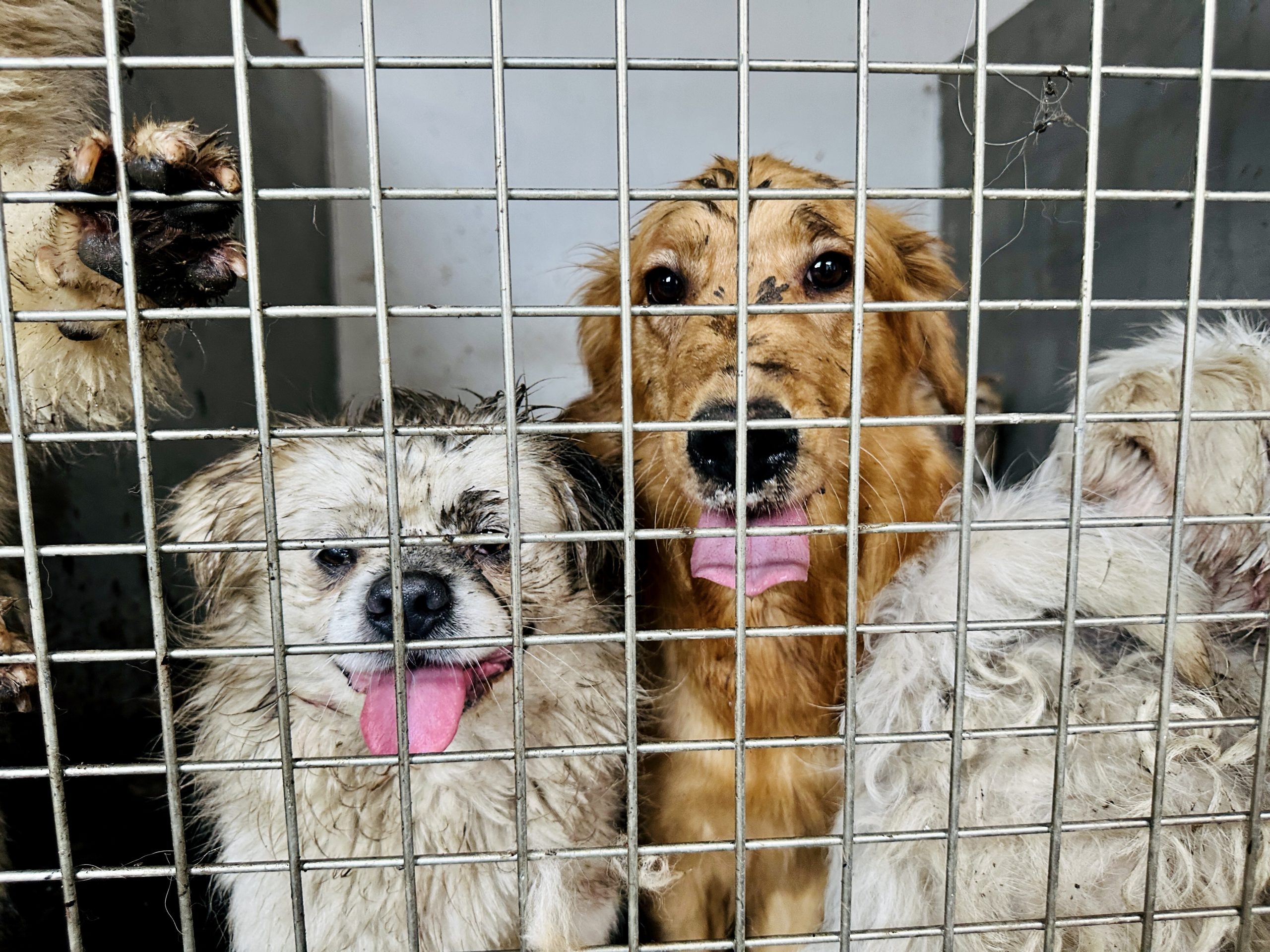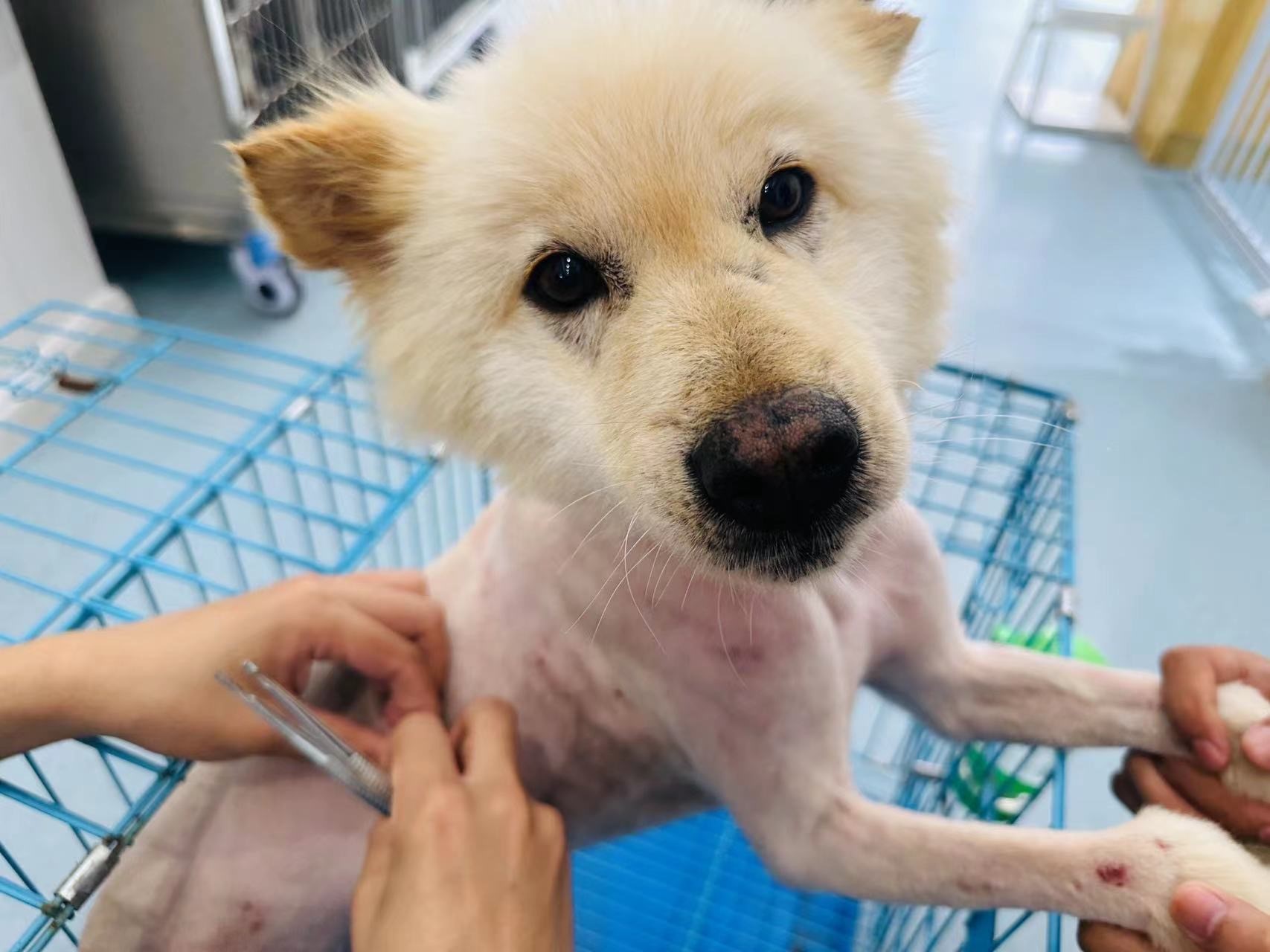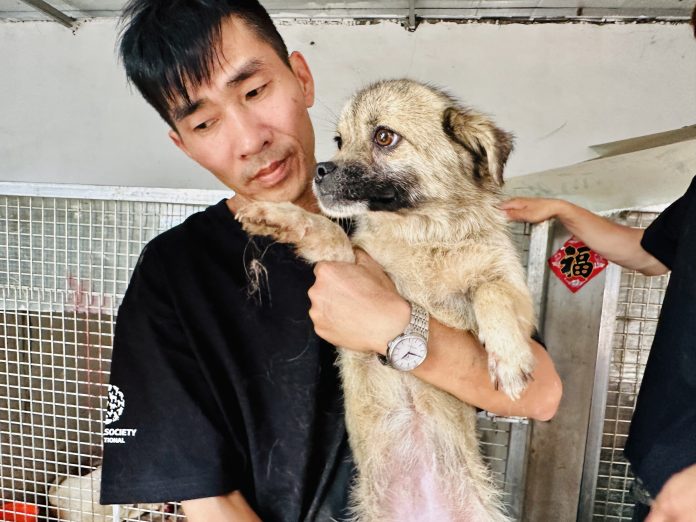
Activists In China Rescue 19 Dogs From A Bloody Slaughterhouse In Yulin, A Week Before The Horrific Dog Meat Festival Begins
“The brutal slaughter of dogs and cats for the Yulin trade is morally indefensible and the heartbreaking images from this rescue show us why. These poor animals endured terrifying capture and exhausting transport, only to end up at a filthy slaughterhouse and subjected to witnessing the brutal killing of other dogs,” said Dr. Peter Li, HSI China’s policy specialist.
You can help all animals and our planet by choosing compassion on your plate and in your glass. #GoVeg

